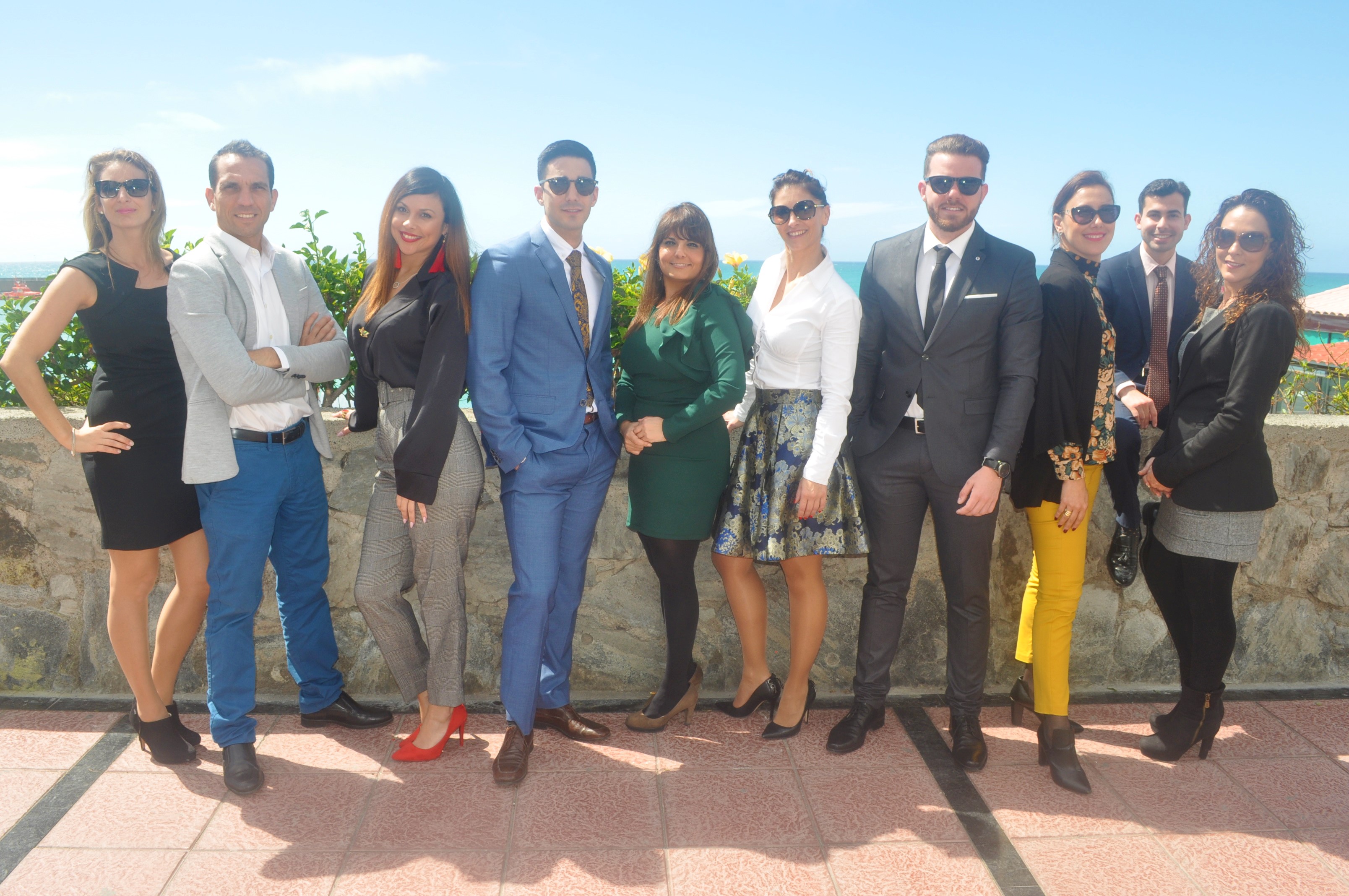Canarian Legal Alliance has been at the forefront of claims against timeshare developers for many years now, with the latest timeshare company to fall under the spotlight being Marriott Vacation Club.

On the 15th of March, we published in our news section the case of our German client whose contract was declared null and void by the Court of First Instance of Fuengirola.
This contract contained the “floating weeks” system. Marriott decided they would appeal the ruling from the Court of First Instance to challenge the illegality of floating weeks.
Canarian Legal Alliance immediately launched their own counter appeal, this was a result of the judge in the original trial not acknowledging the illegal taking of deposits within the statutory cooling-off period. Any amount taken within this period is to be paid back in double, the court, in this case, failed to do so.
The High Court dismissed the appeal from Marriott and confirmed that floating weeks are illegal under Spanish Timeshare Law and in accordance with the rulings of the Supreme Court. The High Court did however find in favour of the Canarian Legal Alliance appeal and ordered the repayment of the deposit taken in double.
Marriott we must remember is a publicly listed company and has a legal obligation to inform its shareholders of any information regarding the company. This includes any profit and loss and also any possible risks to their business that they foresee in the future.
One such risk is obviously the increase in litigation in the Spanish Courts for contracts that are deemed illegal under Spanish Timeshare law. This law was enacted on 5 January 1999 and was designed to regulate the sales of timeshare and protect the consumer.
The latest annual report issued by Marriott and submitted to the Securities Exchange Commission as they are required by law once again addresses this point. It comes under the heading of Risk Factors. The title heading is:
“Spanish court rulings invalidating timeshare contracts have increased our exposure to litigation and such litigation may materially adversely affect our business and financial condition.”
It then continues: “These rulings have invalidated timeshare contracts entered into after January 1999 related to certain resorts in Spain if the timeshare structure of those resorts did not meet the requirements prescribed by Spanish timeshare laws enacted in 1998”.

Although this point looks confusing, when the new laws were enacted, there was a mechanism in place to protect the contracts sold before 5 January 1999, this was known as the “Deed of Adaptation”. This allowed for those contracts to remain legal and lawful as these contracts could not be subject to a law that did not exist when they were sold and signed.
As we at CLA have found over the years, many timeshare resorts used this “Deed of Adaptation” to continue selling the same contracts even though the law was quite clear. They believed that as the resorts were built and running before the new laws, this covered them under the “Deed of Adaptation”.
It took CLA many years to have this aspect ruled on by the Supreme Court and it is those rulings that are now used in all cases.
Marriott along with other developers obviously still disagree and believe the Supreme Court has interpreted the law incorrectly. In the report submitted to the Securities Exchange Commission, this is very clear as the report shows in the closing sentences.
Marriott also acknowledges that there has been a significant increase in the number of lawsuits being brought by members of these Spanish timeshares, they have also inferred that it may have a detrimental effect on their business:
“If additional owners at our resorts in Spain file similar lawsuits, this may result in the invalidation of those owners’ timeshare contracts entered into after January 1999; cause us to incur material litigation and other costs, including judgement or settling of payments; and materially adversely affect the results of operation of our Vacation Ownership segment, as well as our business and financial condition”.
The report also goes to say that it is affecting other timeshare developers as well, pointing out that this may also lead to the reduction of the number of timeshare resorts located in Spain which also means less inventory for companies such as Interval International.
They finish this segment of the report with a very telling statement, publicly announcing that they and other developers disagree with the laws enacted in Spain. They go on to say:
“Participants in the vacation ownership industry disagree with these rulings and are seeking to introduce legislation that will implement a more balanced approach”.
What they mean by that is anyone’s guess.
The one true point they did state after that sentence was:
“However, this new legislation may not be enacted”.
Now considering the history of timeshare sales in Spain, very few believe that the timeshare industry will have any sway on changing the legislation to be in their favour or that of the industry.
They conclude this segment of the report with:
“The timeshare laws, regulations and policies in Spain may continue to change or be subject to different interpretations in the future, including in ways that could negatively impact our business”.
Considering that there have now been 130 rulings made by the Supreme Court, all brought by Canarian Legal Alliance, it is not very likely that the law is going to change, especially in favour of the developers.
One thing is certain, at least their shareholders are now aware of the situation, how this will affect them is not known, but it will make people think.
In the latest report, under Risk factors, you will find the report from Marriott to the SEC
Marriott Vacations Worldwide ( Ticker VAC ) 2020 Annual Report 10-K filing to the SEC
https://sec.report/Document/0001524358-21-000016/#id1da7f0ca32846b8a5982ab97cfc05df_19


